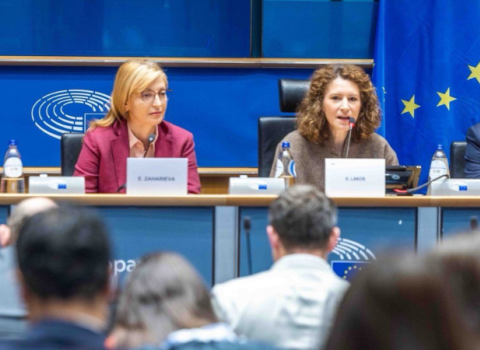
Nanonucleant founder Jason Maroothynaden
Nanonucleant Ltd, a recent spin-out of Imperial College London, is seeking £250,000 in angel financing to move ahead with a glass grain-based reagent technology that aids in crystallising proteins for study as drug targets.
Imperial College professors Naomi Chayen and Larry Hench discovered that engineered bioglass, or glass grains, can be used as a nucleation surface, that is, one that helps start the formation of single protein crystal to be used in x-ray crystallography. This is similar to how a snowflake forms around a grain of dust [see image].
The technique, which has resulted in Nanonucleant's first product, the Nano-Grain crystallisation kit, was licensed from Imperial Innovations, Imperial College's technology commercialisation company, which owns the intellectual property rights. Nanonucleant has an exclusive worldwide licence for rights to the technology.
Proteins are the biggest targets for pharmaceutical and biotechnology companies today as potential therapeutics. Determining the crystal or three-dimensional structure of target proteins is key to developing novel therapeutics, because it can tell how and where a new drug molecule could interact with a protein target to have a therapeutic effect.
But getting detailed information about their structure has proven difficult using current techniques. Some liken the effort to crystallise them more to an art rather than a science.
X-ray crystallography has proven challenging because it is difficult to stabilise proteins and turn them into tiny crystals. Proteins need specific biochemical conditions in order to crystallise, and even if a scientist does manage to crystallise one protein or even part of a protein, it is difficult to repeat the process for another protein.
But the engineered glass grains – about the same size as a grain of sand – have precisely engineered porous surfaces, says company founder Jason Maroothynaden. The proteins mechanically interact with the porous surface to form a single protein crystal.
Maroothynaden says the Nano-Grain kit can significantly reduce the number of experiments needed to obtain a crystal. He says the technique works on many different types of proteins. So far, more than eight different types of proteins have been crystallized successfully using the Nano-Grain technology, some for the first time, he says. Thousands of proteins have been discovered, but only a small percentage have been crystallized successfully, he says.
The company was formed in late 2004 and has been funded mainly by Maroothynaden and the scientific founders of Nanonucleant, which was spun out as a separate company in October this year. The first funding round it is seeking now will be used to cover technology agreements, marketing and development of the company's R&D program.
The company has started selling Nano-Grain worldwide, and the kits are due for release in early 2006. In addition to the angel financing, Maroothynaden says Nanonucleant is seeking industry partners for collaboration both to create combination products and new products. It also is looking for partners to distribute its products.






 A unique international forum for public research organisations and companies to connect their external engagement with strategic interests around their R&D system.
A unique international forum for public research organisations and companies to connect their external engagement with strategic interests around their R&D system.